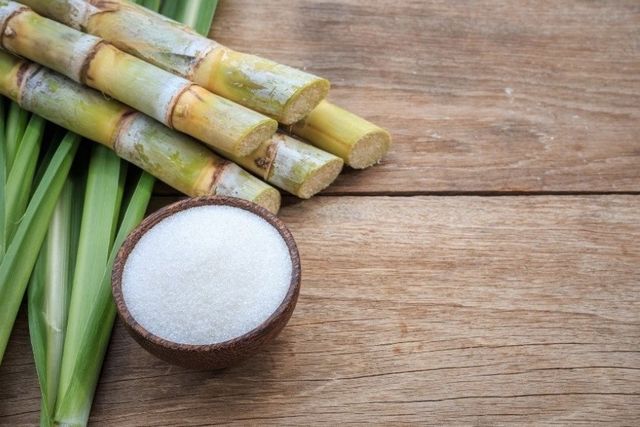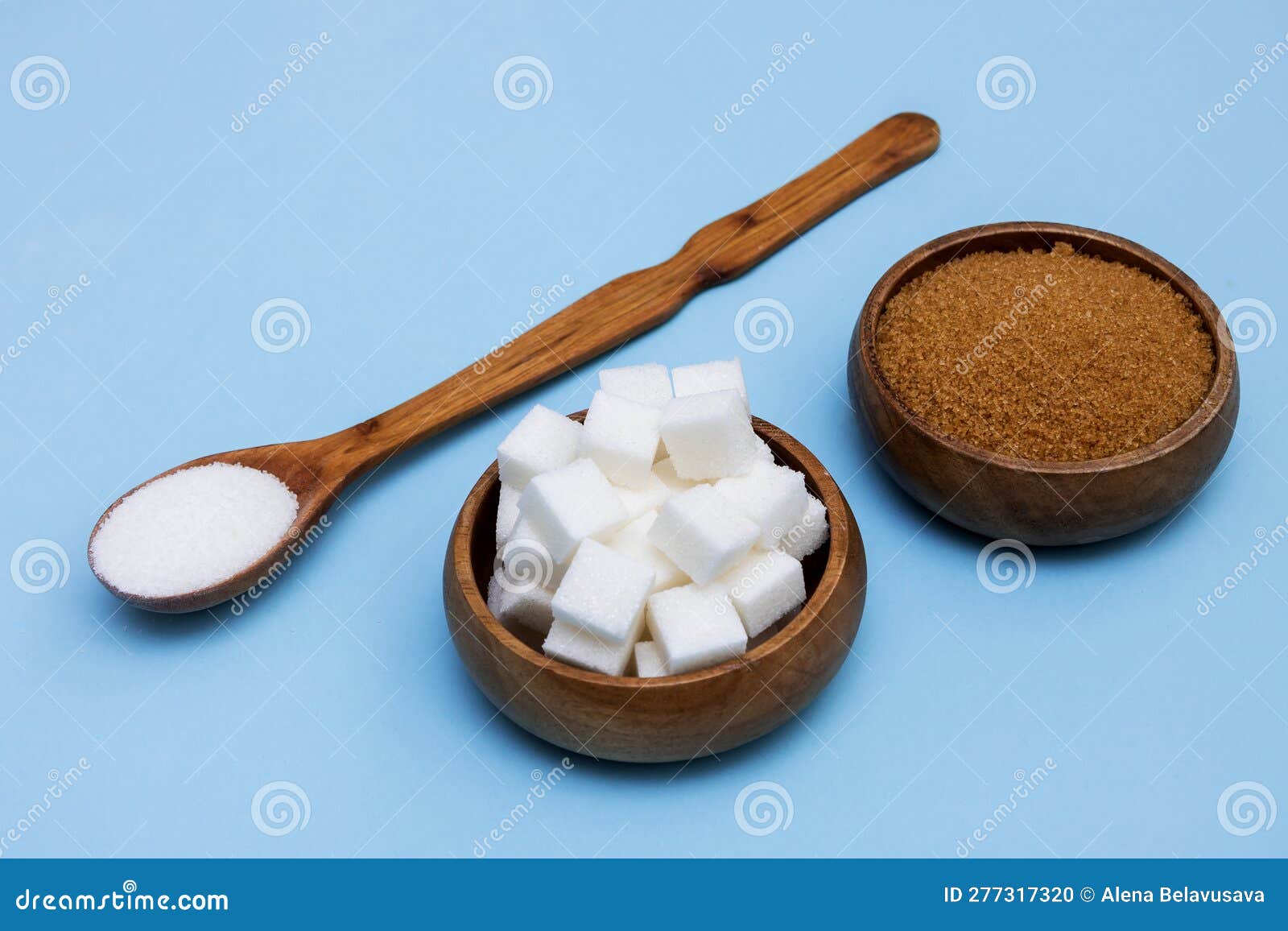Beet Sugar vs Cane: Key Differences in Taste, Nutritional Value, and Uses
Beet Sugar vs Cane: Key Differences in Taste, Nutritional Value, and Uses
Blog Article
The Excellent Debate: Beet Sugar Vs Walking Stick and Their Influence On Wellness
The continuous dispute bordering beetroot sugar and walking stick sugar raises crucial questions concerning their respective health impacts and more comprehensive effects for consumer choices. This discussion welcomes us to think about not just the sweet taste we select, but the far-ranging results of those options on our health and wellness and the planet.
Summary of Sugar Resources
Sugar, an extensively consumed sugar, largely originates from 2 primary sources: sugar beetroots and sugar walking cane. These crops are grown in different regions around the globe, each adding to the global sugar supply in distinct methods. Sugar walking cane prospers in subtropical and tropical climates, with major manufacturers consisting of Brazil, India, and China. The plant is collected for its stalks, which are after that processed to remove juice and take shape sugar.
On the other hand, sugar beetroots are predominantly grown in temperate areas, with considerable manufacturing in countries such as the USA, France, and Germany. The beets are harvested from the ground, cut, and subjected to a process that transforms the extracted juice right into granulated sugar. While both sugar resources eventually yield sucrose, their farming practices, refining techniques, and geographic distributions differ considerably.
These distinctions can affect not just the ecological influence of sugar production however also the economic facets of sugar prices and profession. Understanding the origins of these sugar is important for policymakers and customers alike, as it lays the foundation for notified conversations regarding their health and wellness implications and sustainability.
Nutritional Contrast
When checking out the dietary profiles of beetroot sugar and cane sugar, both sources share a similar make-up as they mostly include sucrose. Sucrose is a disaccharide, made up of sugar and fructose, and is accountable for the sweet taste related to both sugars. The refining procedures for both beetroot and walking cane sugar yield items that are primarily pure sucrose, with very little traces of vitamins, minerals, or various other nutrients.
In terms of calorie web content, both beetroot and walking cane sugars supply roughly 4 calories per gram. Neither sort of sugar provides significant nutritional benefits past power provision, as they lack necessary vitamins or minerals. The visibility of trace aspects, such as potassium, calcium, and magnesium, can differ a little in between the 2, largely due to the farming practices and soil conditions in which they are expanded.
Furthermore, the glycemic index values of beetroot sugar and cane sugar are comparable, showing comparable results on blood sugar levels. Overall, from a nutritional viewpoint, beet and walking stick sugars are functionally equivalent, contributing mainly to caloric intake without supplying substantial health benefits over each other.
Health Implications
The wellness implications of consuming beetroot sugar and walking cane sugar warrant careful consideration, specifically provided the rising frequency of sugar-related wellness issues. Both sorts of sugar add comparable calorie worths and can lead to increased threats of excessive weight, kind 2 diabetes, and cardio illness when eaten in excess. The body sugars both metabolizes into glucose, which can trigger spikes in blood sugar levels, bring about insulin resistance gradually.
While there is ongoing argument regarding the glycemic index of these sugars, research studies suggest that both can negatively influence metabolic wellness if consumed in big quantities. beet sugar vs cane. In addition, the prospective presence of impurities in beetroot sugar, such as chemicals from traditional farming techniques, raises additional health worries. Conversely, walking cane sugar, specifically when minimally refined, might provide a somewhat a lot more desirable profile because of its all-natural state
Moreover, the intake of sugarcoated, no matter the source, is linked to negative health and wellness end results, including oral issues and fatty liver condition. Consequently, small amounts is crucial, and people need to bear in mind their total sugar intake from all sources, ultimately focusing on entire foods over added sugars for optimal health outcomes.
Environmental Effect
Understanding the health effects of beetroot and walking stick sugar likewise brings about an assessment of their environmental effect, which can significantly influence agricultural sustainability and environmental balance. Both sugar resources have unique environmental impacts, shaped by their farming methods and geographical needs.

On the other hand, beet sugar is generally grown in pleasant climates and frequently entails diverse crop check out here turnings. This practice can enhance dirt wellness and lower reliance on chemical inputs. Nonetheless, intensive beetroot farming can likewise cause nutrient deficiency and bug pressures if not handled sustainably.
Both sugar types existing obstacles and possibilities for ecological stewardship. Promoting lasting agricultural methods and liable sourcing can alleviate their influences, making sure that sugar production aligns with ecological preservation and long-term food safety and security.
Consumer Preferences
Amidst expanding awareness of health and environmental concerns, customer preferences for sugar kinds are progressively influenced by understandings of health benefits, sustainability, and ethical sourcing. Beet sugar and walking cane sugar each present distinct features that attract different customer demographics.
Health-conscious customers typically look at the nutritional accounts of these sugars, looking for options regarded as less refined or even more natural. Walking cane sugar, typically considered as the typical sweetener, is often favored for its perceived purity and simpleness. On the other hand, beet sugar, which is regularly obtained from genetically modified plants, faces suspicion among those worried concerning GMOs.
Sustainability is one more considerable factor influencing customer selections. As awareness of agricultural techniques grows, lots of customers select products that line up with eco-friendly farming techniques. Walking stick sugar production, especially when sourced from sustainable ranches, can appeal to eco-conscious purchasers.
Honest sourcing plays a crucial duty as well, with customers significantly favoring items that support reasonable labor techniques. Certifications such as Fair Trade important site can improve the attractiveness of cane sugar on the market. Inevitably, consumer preferences are formed by a complicated interaction of wellness, ecological, and moral considerations, driving need for both beetroot and walking cane sugars in diverse markets.
Verdict
To conclude, the debate between beetroot sugar and walking cane sugar includes various aspects, consisting of dietary profiles, health and wellness effects, and ecological repercussions. beet sugar vs cane. While both sugars mainly consist of sucrose and show comparable caloric web content, worries regarding pesticide use in beet sugar and the ecological effect of walking stick sugar monoculture warrant careful factor to consider. As consumers progressively prioritize sustainability and health and wellness, educated selections concerning sugar intake end up being necessary in promoting general well-being and ecological stewardship

Report this page